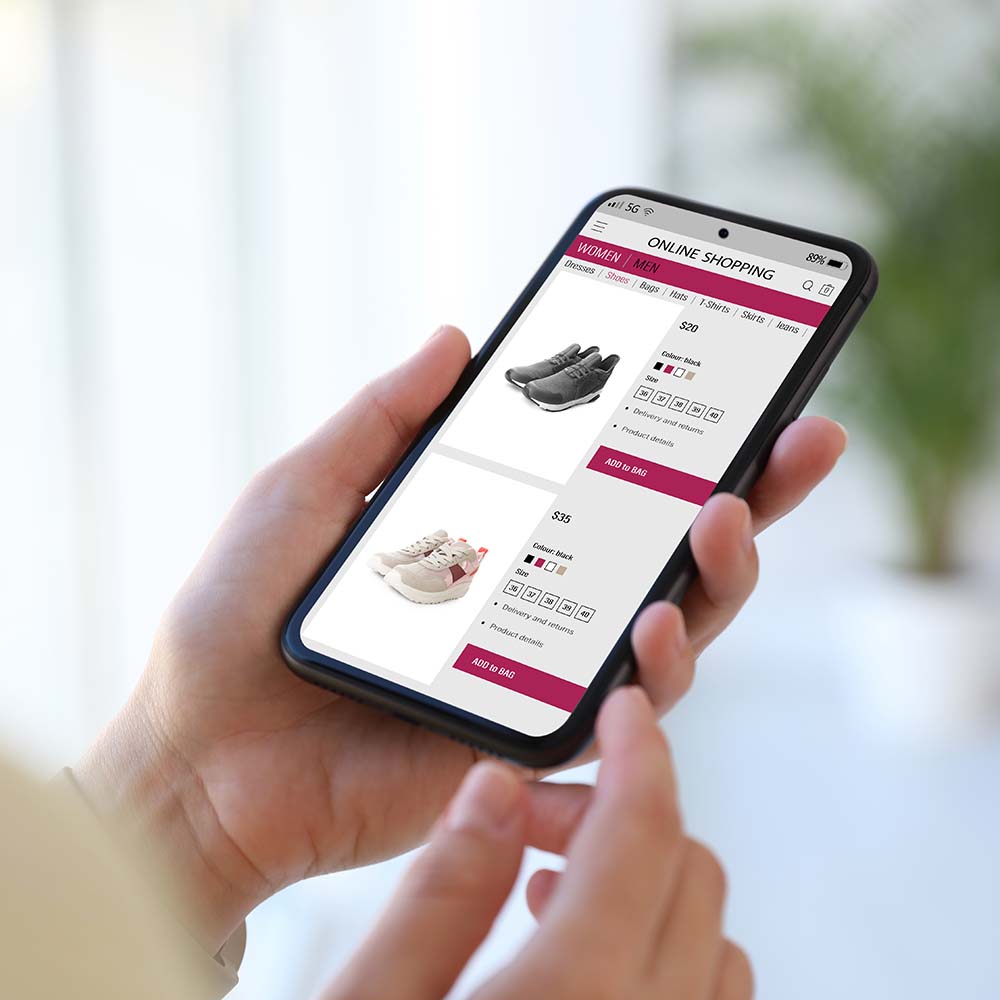KP Law is currently investigating claims on behalf of clients whose personal data may have been exposed following a cyber incident involving Adidas and one of its suppliers.
Adidas has confirmed that an unauthorised third party gained access to certain customer data via a breach involving one of its external customer service providers.
The exposed information does not include passwords, credit cards, or other payment-related data. However, the compromised records may include:
This data stolen primarily relates to customers who have contacted Adidas customer service in the past.

Adidas has stated that they took immediate steps to contain the breach, launched a full investigation, and subsequently implemented enhanced security measures. They emphasise that data privacy remains a priority.
While Adidas claims that no direct harm has been identified so far, data breaches can leave you vulnerable to:
It’s important to remain cautious. Adidas has warned customers to be vigilant and reminded them that they will never ask for your financial information by email or phone. So if you receive a call from someone who has some of your personal information but is asked for more then be very careful and make sure you are confident that they are who they say they are and never provide any financial information.
Make sure your Adidas and other accounts use strong, unique passwords.
Be cautious of phishing emails or suspicious texts.
Look out for any unexpected activity on your accounts.
If you have been a customer of Adidas and think you may have been affected, then you may be eligible to claim compensation for the potential exposure of your private information—even if you haven’t suffered direct financial loss.
Our team at KP Law has a strong track record of holding large corporations accountable for data misuse and privacy breaches. We operate on a no-win, no-fee basis, so there’s no cost to you unless your claim is successful.
KP Law is one of the leading law firms in England & Wales, specialising in what is often referred to as group action litigation. We see our role as being your champion, someone on your side to help bring businesses to account when they let you down and we are currently helping over 250,000 clients to get the justice and compensation they deserve.
Don’t wait—fill out our quick and confidential form to find out if you’re eligible to join the Adidas data breach claim.
Your data. Your rights. Let KP Law fight for your compensation.
While each case is judged on its own merits, there are some things we would typically look for when it comes to when claiming compensation following a data breach, cybercrime or other GDPR violation:
With stolen data, cybercriminals can make purchases using your bank and credit cards, apply for credit in your name, set up fraudulent bank accounts and access your existing online accounts.
GDPR failures, cybercrime and data breaches can have a significant impact on you, both mentally and physically. They can cause or exacerbate anxiety, stress and other psychological conditions.